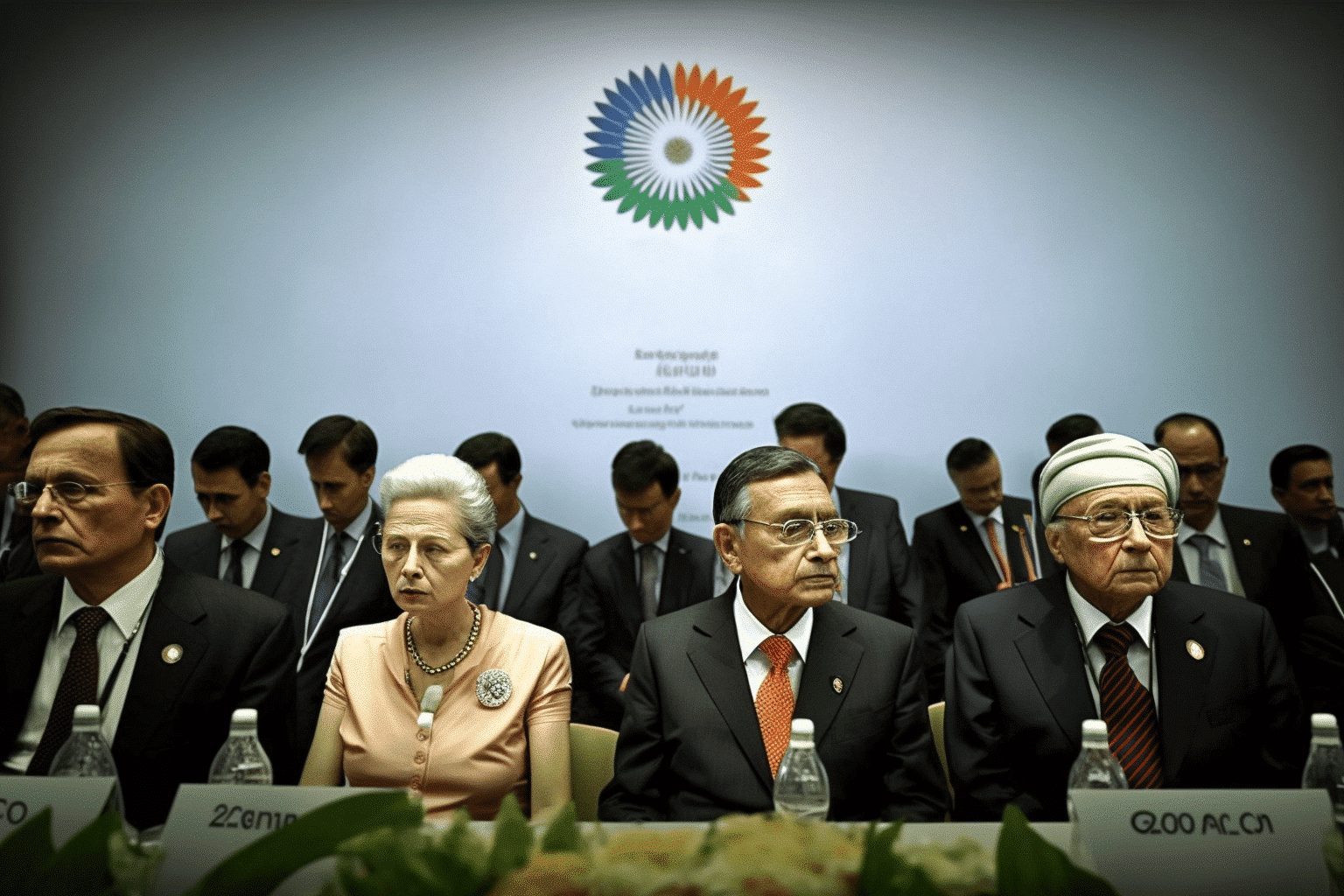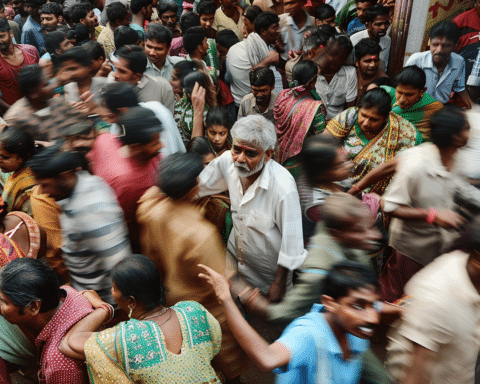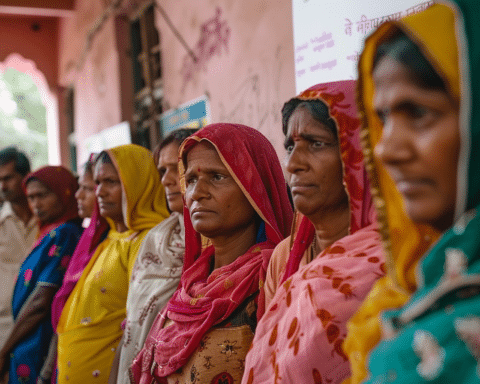This week, the G-20’s leading financial officials are convening in Bengaluru, India, to address various global economic threats, including persistently high inflation and rising debt.
This marks India’s first time hosting the G-20 financial conference in 20 years. Later in the year, the country will hold its first G-20 summit, providing India with an opportunity to showcase its economic power and status as a voice for developing nations.
The conference comes a year after the Russian invasion of Ukraine, which led to global economic shocks, including decades-high inflation. US Treasury Secretary Janet Yellen is expected to address the war’s impact on the world economy at the G-20 meeting.
India is navigating a delicate balance between Western nations and Russia, striving for greater global influence while avoiding conflicts, as its economy benefits from discounted Russian crude oil purchases.
The G-20 meetings, of which India is hosting over 200 leading up to the November summit, will allow Prime Minister Narendra Modi to demonstrate India’s leadership in fighting climate change and acting as a mediator between industrialized and developing nations.
With emerging economies playing an increasingly significant role in global growth, the discussions will address various critical issues, including climate finance, digital currency regulation, global tax concerns, and other financial priorities.
Officials will also address the risks of heavy debt burdens for many countries following costly COVID-19 pandemic relief efforts.
In Bengaluru, officials will also focus on coordination on monetary policy as central banks decide whether to continue raising interest rates or curb efforts to curb inflation.
Improving urban infrastructure will also be on the agenda during this week’s meeting, the first of four G-20 finance minister meetings scheduled to take place in India this year.
The G-20, comprising the world’s largest economies and with a rotating presidency, provides a counterbalance to gatherings of wealthier economies such as the Group of Seven.
The Bengaluru meetings will seek solutions for several countries facing huge debt problems and promote reducing carbon emissions and investing in renewable energy, infrastructure, and agriculture.
Longstanding G-20 priorities, such as building stronger public health systems, promoting sustainable energy, and improving productivity, may be overshadowed by pressing concerns like global economic growth, debt crises, and conflicts like the war in Ukraine.
The pandemic and war have amplified disruptions to energy supplies, shipping, and food security, making stabilizing the world economy complex.
Despite the challenges, the G-20 meeting in Bengaluru offers a crucial platform for leaders to come together and address these pressing global economic issues.
With India’s growing leadership role, the country is poised to play a key role in promoting cooperation and finding solutions to these challenges.
The G-20, as a platform for international cooperation and coordination, has the potential to make significant progress in tackling the world’s most pressing economic problems and ensuring sustainable growth for all.
The meeting also highlights the importance of India’s role in the global economy, with the country projected to contribute significantly to global growth this year, along with China.
India’s status as a champion for developing nations, combined with its rapidly growing economy, makes it a crucial player in the global economy and a vital voice in the G-20 discussions.
With the world still grappling with the impacts of the pandemic, the G-20 meeting in Bengaluru is more important than ever.
The discussions held this week have the potential to shape the future of the global economy and set the stage for sustained growth and stability in the years to come.




